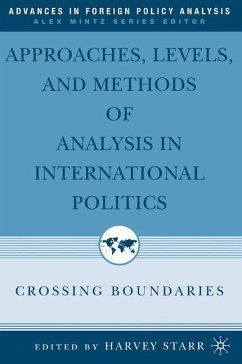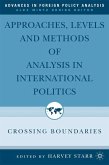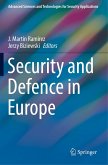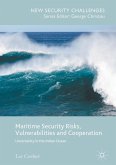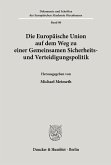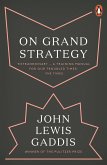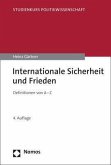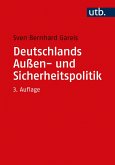Leading scholars incorporate domestic and international aims, choices, factors, and processes to explore the advantages of crossing methodological and analytical boundaries to gain a better understanding of international relations. They examine the complexity of international affairs and consider how scholars should best study it.
'For years, the study of international relations remained blissfully ignorant of how domestic political factors affected foreign policy decisions. Numerous works now explore the intersection of domestic and international politics, but none have the breadth of topics, methods, and ideas represented in this collection.'
- Paul F. Diehl, Henning Larsen Professor of Political Science, University of Illinois at Urbana-Champaign"The essays in this book are connected by a focus on crossing the (often artificial) boundaries delimiting areas of scholarly research. Not only does this volume show that domestic politics influence international behavior, it makes the crucial point that scholarly analysis and ethical considerations should have an impact on foreign policy choices and do so primarily through domestic politics. This book makes an important contribution to our understanding of these connections, and students of international relations will benefit mightily from the lessons it contains." - T. Clifton Morgan, Albert Thomas Professor of Political Science, Rice University
- Paul F. Diehl, Henning Larsen Professor of Political Science, University of Illinois at Urbana-Champaign"The essays in this book are connected by a focus on crossing the (often artificial) boundaries delimiting areas of scholarly research. Not only does this volume show that domestic politics influence international behavior, it makes the crucial point that scholarly analysis and ethical considerations should have an impact on foreign policy choices and do so primarily through domestic politics. This book makes an important contribution to our understanding of these connections, and students of international relations will benefit mightily from the lessons it contains." - T. Clifton Morgan, Albert Thomas Professor of Political Science, Rice University

